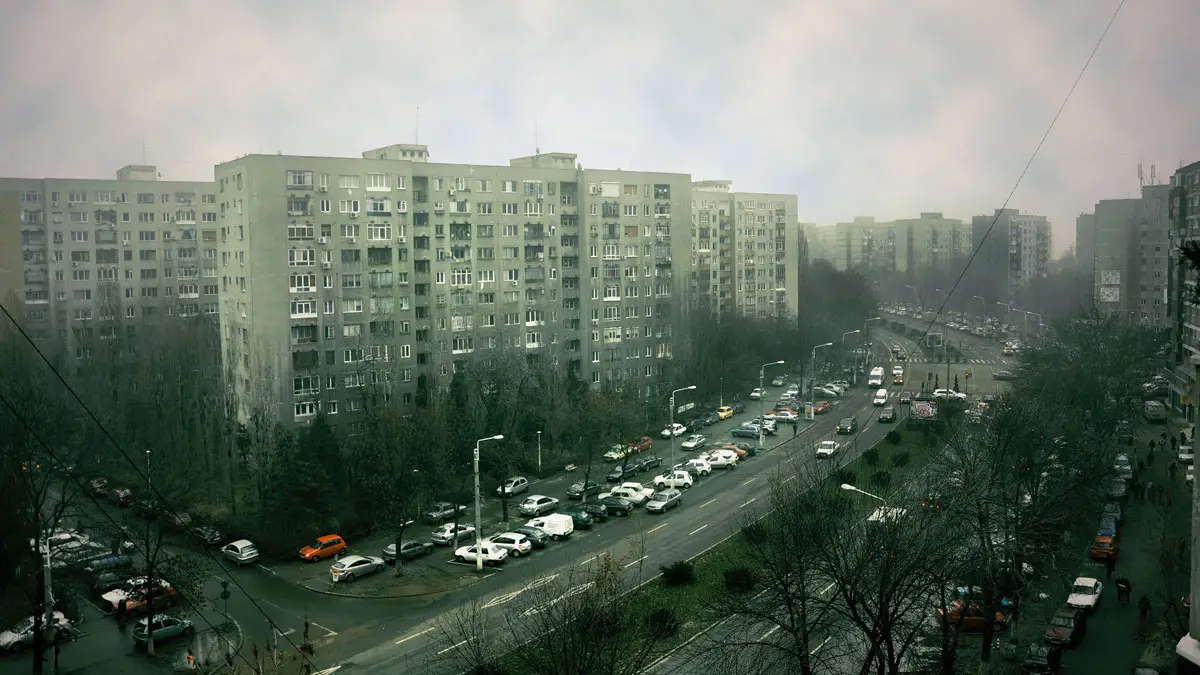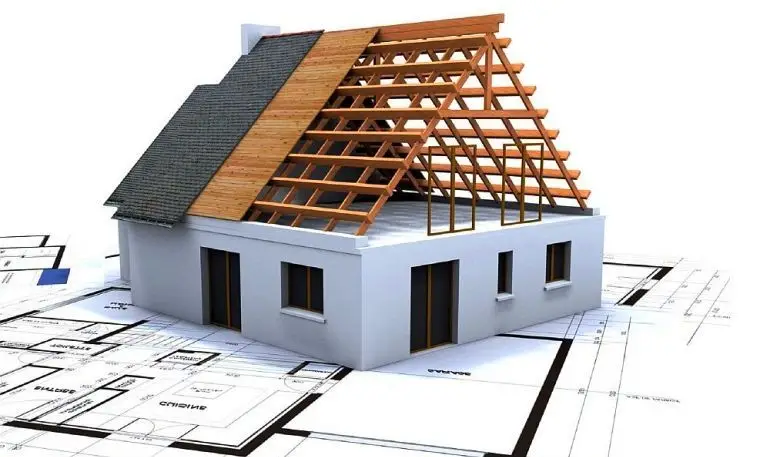Energy poverty in Romania - alarming increase among the population

Alarming increase among the population
Еhe population is finding it increasingly difficult to manage energy bill payments due to rising prices and ongoing inflation. The Romanian Observatory on Energy Poverty (ORSE) has carried out an alarming study, revealing that energy poverty is not only affecting the poorest segment of the population, but has also increased significantly among middle-income earners, according to Agerpres.
According to the study, the fuel poverty rate, as measured by the LIHC ("Low Income, High Cost") indicator, showed that 21% of households had to give up other necessities to ensure thermal comfort in their homes in 2022. This represents a significant increase from the 2021 level of 10.5%.
The LIHC indicator highlights that energy bills have a significant impact on household budgets, causing them to fall below the monetary poverty line after paying them. This phenomenon, poignantly dubbed 'heat or food,' illustrates the stark dilemma faced by citizens who must prioritize energy payments, leaving them with limited resources for other essential needs.
Anca Sinea, Vice President of the Centre for the Study of Democracy Association and ORSE coordinator, stressed the importance of addressing this issue, highlighting the need for coherent and integrated measures to address the energy poverty crisis. The study showed that this problem cannot be ignored and requires the involvement of authorities, energy companies and consumers to identify effective solutions.
George Jiglău, president of the Centre for the Study of Democracy and initiator of ORSE, pointed out that energy poverty is no longer just a problem for low-income people, but is affecting more and more middle-income households. He highlighted the need for tailored solutions, including heating subsidies for those on very low incomes. The study highlighted that in rural areas, problems associated with energy poverty are often the result of underdevelopment, while in urban areas, the stock of old and energy inefficient housing contributes to high energy consumption in the context of low household incomes. Investment in energy efficiency has been identified as a priority solution, alongside tackling the various causes contributing to energy poverty.
This research points to the need to debate and implement coherent policies to manage and combat energy poverty in the difficult context of rising prices and inflation.














